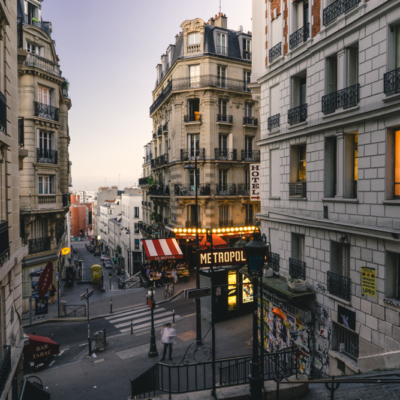Metropolitan leadership and governance
TOPICS DISCUSSEDMore than half the world’s population lives in an urban environment, and that growth will continue. This trend presents multiple challenges in terms of development of the large urban agglomerations and, as such, it is crucial that we rethink our metropolitan governance models in order to meet citizens’ expectations. In addition, the major global issues are also the same ones faced by major cities and could not be successfully addressed without their involvement. Therefore, in an ever-changing environment, major cities can grasp the opportunities for influencing the international agenda and strengthening their place in global governance.
- Metropolitan governance
What institutions are set up for ensuring effective governance of a metropolitan area? What can the status, jurisdictions and funding of a metropolitan government be, as well as the interaction with the cities and other levels of local government within that metropolitan area? How to ensure democratic representation and citizen involvement within those various bodies? These are some of the issues facing the leaders and populations of large agglomerations that want to address the challenges that are common to metropolitan areas, including land-use planning, infrastructures, mobility, environment, economic and social development. Although it is a given that there is no universal model, a number of approaches around the world have been developed and tested and from which lessons can be drawn and that can also be a source of inspiration for large cities. - Major cities in international governance
Since global issues are also local issues that impact citizens’ quality of life, major cities are being called upon to become more actively involved than ever in the discussions and decisions covering issues such as climate change, migration, economic and sustainable development, peace and security. Traditionally, cities have not had much space in and have been only marginal players in the major international debates and international institutions. However, things are changing. The large cities are speaking out and gradually taking a place at the table – within the United Nations and in the major international conferences. They were also actively involved in preparing the New Urban Agenda. However, where are we, exactly, in this quest for a larger place in global governance? What are the next steps? What is the ultimate goal? - Diplomacy for major cities
Just like nations, major cities can promote their objectives and interests by establishing connections with other major cities and international partners and by implementing various initiatives with them. Beyond the traditional instruments such as twinning and agreements between cities, a new “urban diplomacy” is developing. What does urban diplomacy involve? What instruments can be used for effective diplomacy? What are the innovative approaches, particularly in the era of digitization and social networks?
